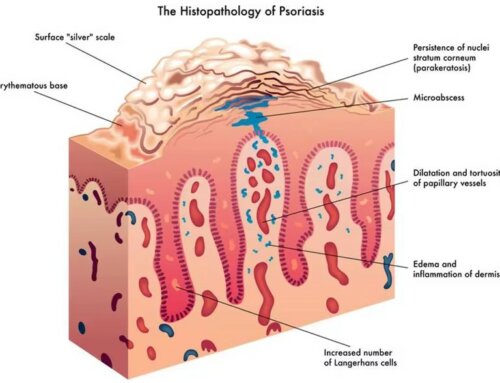The last several years have seen a growing awareness of what insulin resistance is and how it affects the body. Insulin resistance causes various reactions throughout the body. In fatty tissue, it causes the breakdown of triglycerides, which leads to elevated fat levels in the blood. In the liver, insulin resistance prevents proper glucose storage, leaving more glucose to circulate in the bloodstream. And in muscle tissue, insulin resistance reduces glucose uptake, again causing higher blood glucose levels.
The causes of insulin resistance have generally remained a mystery, with possible culprits being obesity, a high-carbohydrate diet, a sedentary lifestyle, overuse of sugar or high-fructose corn syrup and possibly even the use of glucosamine.[1] Now, scientists are discovering that genetics may play a role in insulin resistance, too—for the better.
In a study from the University of Alabama at Birmingham, two genes have been identified that may be linked to insulin resistance.[2] These genes, NR4A3 and NR4A1, are proteins that seem to affect muscle tissue by boosting its sensitivity to insulin. Raising insulin sensitivity leads to better glucose uptake, which means that blood glucose levels decrease as a result. According to Dr. Timothy Garvey, MD, the lead author of the study, this discovery gives scientists something to aim for in ongoing diabetes research. Garvey notes that people who have more of the two proteins are at less risk for diabetes, while people with fewer of the proteins are at greater risk.[3] He proposes that if scientists can develop a way to increase the activity or presence of the two proteins, these new developments could have very positive effects for people with diabetes.
In the meantime, people with diabetes or who are pre-diabetic are encouraged to follow treatment courses that are already known improve insulin resistance. At the top of the list are exercise and weight loss. Modifying the diet may also help some people, with low-carbohydrate and low-glycemic foods being the recommended choices. Other treatments that may improve insulin resistance are the use of metformin and thiazolidinediones, omega-3 fatty acids, and possibly chromium picolinate. As with any course of treatment, consult your physician before beginning any new regimen.
[1] http://www.ncbi.nlm.nih.gov/pubmed/17570985
[2] University of Alabama at Birmingham (2007, October 29). Type 2 Diabetes: Genes Linked To Insulin Resistance Identified. ScienceDaily.
[3] http://www.sciencedaily.com/releases/2007/10/071027095416.htm






Leave A Comment